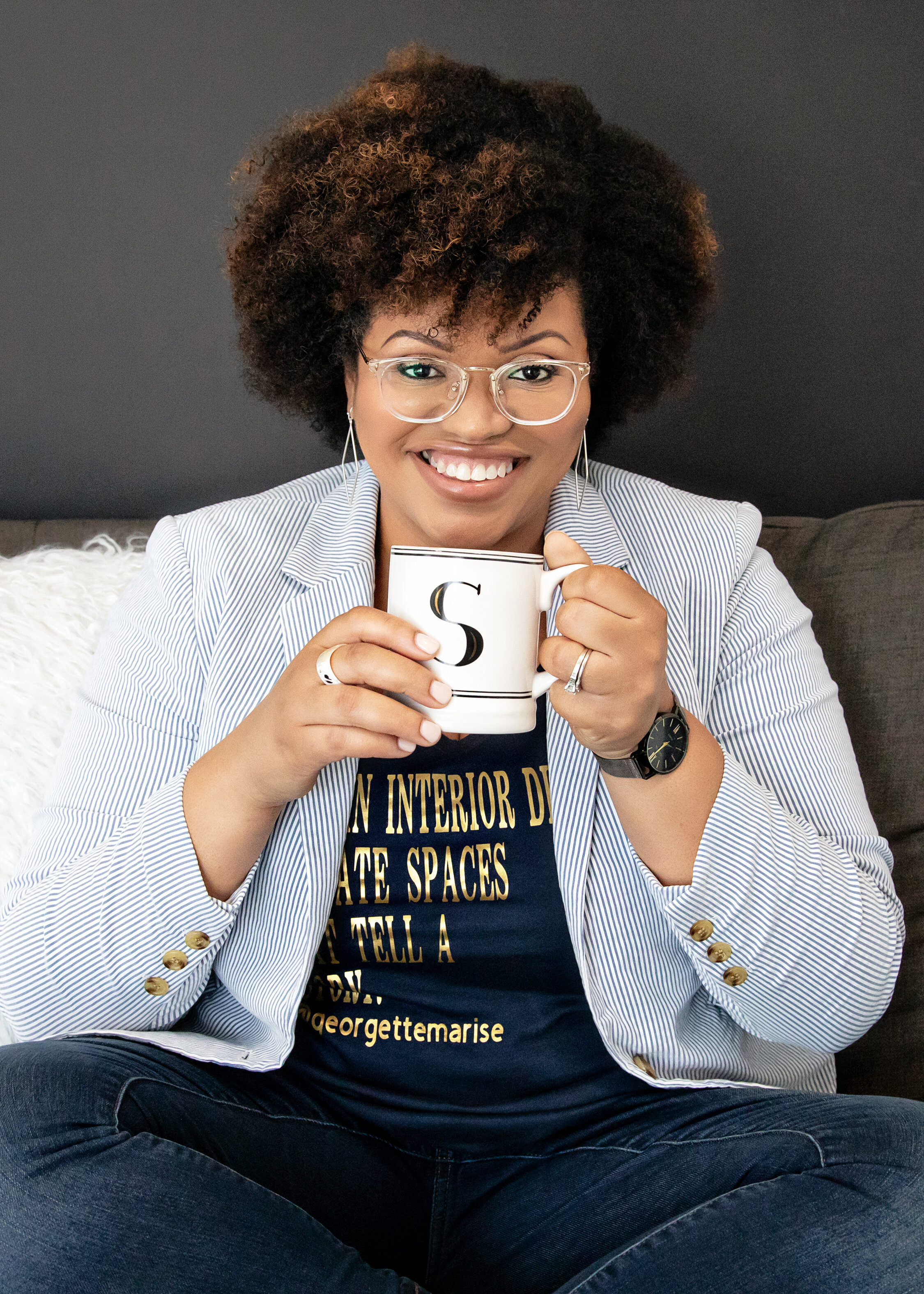Q & A: Budgeting for your Home Remodeling Project
/As an interior designer before I begin a design project one of the most important questions I ask a potential client is about their budget. Yes...the B word. Discussing budgets can be an uncomfortable topic of discussion, but it is the first step to developing a successful, transforming design from start to finish.
Today I am talking with Pari Hashemi, CFP®, CRPC® who is a Financial Advisor with Wells Fargo Advisors. She works one on one with her clients to help them reach their financial goals and look at the overall picture of what they are trying to achieve. Whether you are trying to save money to buy a new house, looking for financing options to expand the square footage of your home, or remodeling your home to sell because you are looking to retire and need to downsize, Pari is an expert at developing strategic plans to meet your financial goals.
Pari shares some helpful aspects to think about before starting your project.
Sabine: What do you like most about what you do?
Pari: I sincerely enjoy being able to help people make a sense of their financial situations and make a plan for their future. It can be overwhelming so being able to provide some direction can help!
Sabine: What would you recommend as the best option financially for a homeowner that is looking to start a renovation project right now?
Pari: The best option for this is going to depend on the individual's situation, what their goals are and expectations for the home. Before you dive into a project look at the overall picture. Look at the opportunity cost.
Sabine: How does someone looking to renovate their home begin to set a budget?
Pari: They should look at the project as a whole. Give yourself a buffer in case something unexpected happens. Prioritize the need to do items versus the want to do items.
Sabine: What is the WORST thing financially that a homeowner can do when they are looking to start a renovation project?
Pari:
- Underestimate their budget.
- Not understanding that the process takes time.
Be realistic with the cost and give yourself a buffer. There are some areas that you can save. Hire people when it comes to structural changes. It might make sense to hire an interior designer to help you look at the overall picture to save you money.
Sabine: Many people are reluctant to share their working budgets with a design professional, architect or contractor at the start of a project because they are scared of the professional going over budget. Do you recommend that it is a good idea to be upfront with your working budget or try to be passive and spend as you go? Why?
Pari: It's always a good idea to be realistic. It's in the designer's capacity to be able to design around the realm of the budget instead of designing something you cannot afford.
Sabine: What are 3 important tips that can help a homeowner renovate their home without going broke?
Pari:
- Shopping for bargain items that would still fit in the house. For instance, some of the decorations you may not want to pay for versus a nice couch that you will have for years.
- Working with someone that will save you money in the long run. For instance a design specialist that can look at the whole project and break it down into affordable pieces for you. Also, if they know your budget they will keep you in line with spending.
- Don't get ahead of yourself. Don't try to take on too much at once or it will just cost you. Take each part of the project piece by piece or work with someone that will keep you on track.
Sabine: Additional costs always happen in renovation projects, how important is it to add extra costs and/or fees into the budget?
Pari: Have additional costs of approximately 20% set aside included in the budget for emergency.
Have questions for Pari? Email her at pari.hashemi@wellsfargoadvisors.com. Leave a comment below and share this with a friend!
Here's to staying on budget!

























